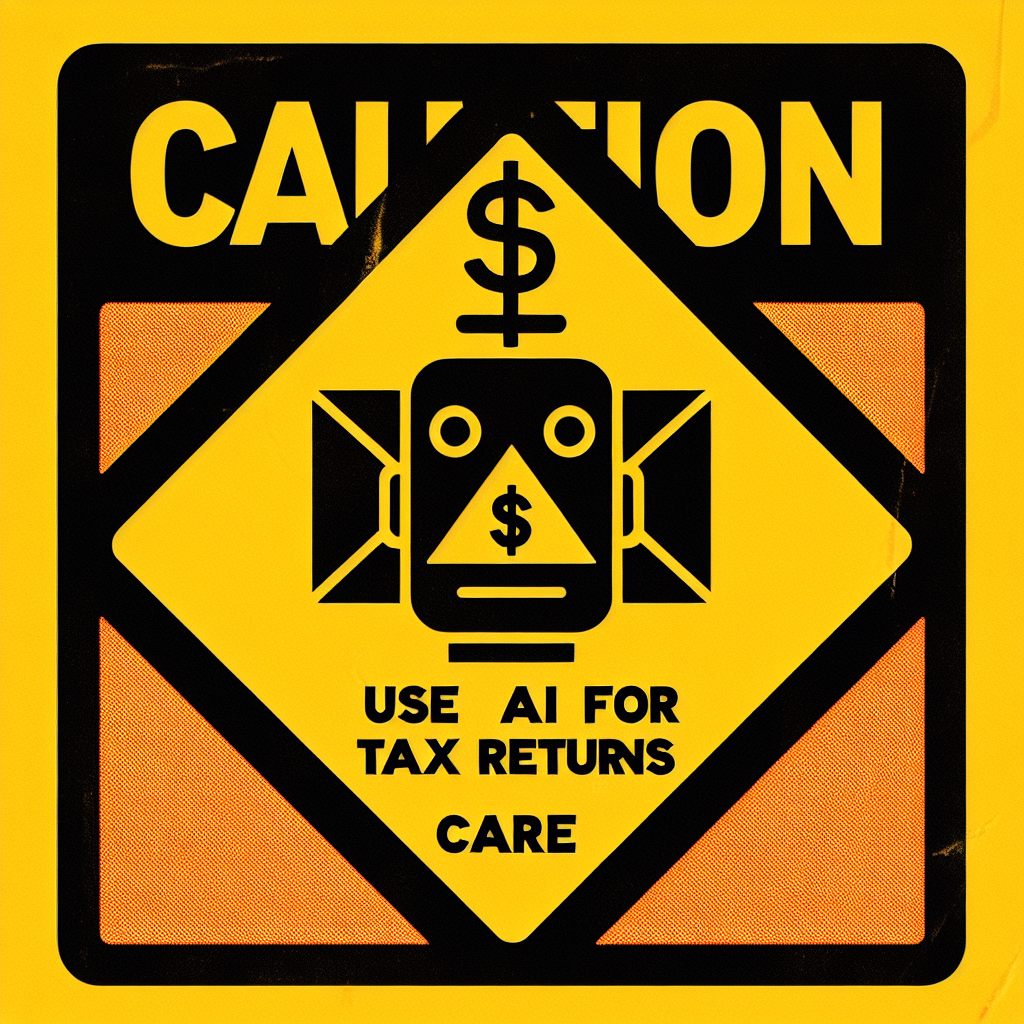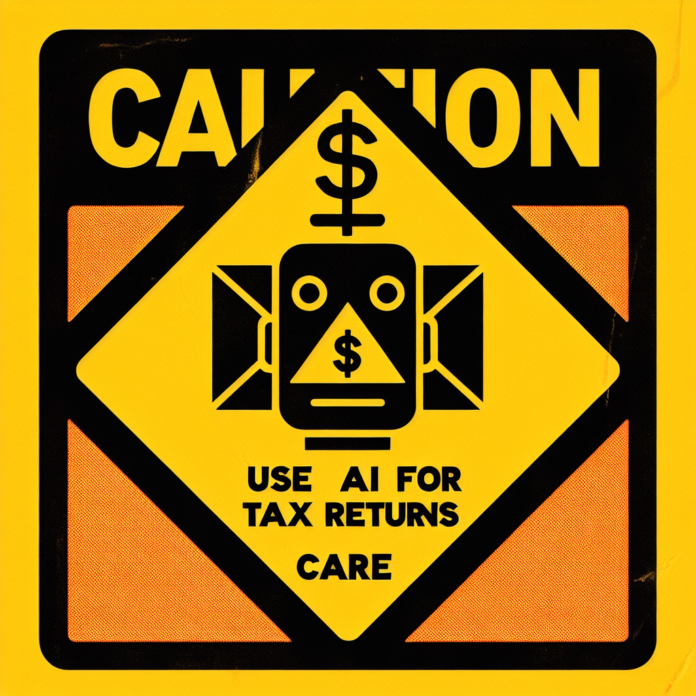
- ORIGINAL NEWS
‘Proceed with caution’ before tapping AI chatbots to file your tax return, experts warn
- SUMMARY
With the tax filing deadline approaching, many taxpayers are turning to artificial intelligence-powered chatbots for guidance, including popular platforms like ChatGPT.
However, experts urge caution when relying solely on these tools.
While over 18% of Americans have used ChatGPT to review their taxes, there are concerns about its accuracy.
Generative AI models, like ChatGPT, generate content based on vast amounts of data, but their understanding of tax codes can be limited.
They may not be able to provide precise answers to complex questions or keep up with the latest tax regulations.
Despite the limitations, some tax software providers like TurboTax and H&R Block have incorporated generative chatbots, using them as assistants rather than automated filers.
These chatbots can provide basic assistance and answer general tax queries.
While AI chatbots may not be fully equipped to offer personalized tax recommendations, they do have potential for educational purposes.
Experts suggest using them to gather general information and explore possible tax scenarios.
However, it’s crucial to verify all information obtained from these chatbots by consulting the IRS website or seeking professional guidance from a tax accountant or enrolled agent.
As technology advances, tax-specific AI models may provide more robust assistance in future filing seasons.
- NEWS SENTIMENT CHECK
- Overall sentiment:
neutral
Positive
“Nearly 1 in 5 Americans would trust ChatGPT, a popular AI-powered chatbot, to review their income taxes, and 14% have used it, according to a recent survey.”
“17% saying they have used AI for tax filing and 45% open to it for future use, a Harris Poll found.”
Negative
“But taxpayers should “proceed with caution” when using the software to file returns, warned April Walker, lead manager for tax practice and ethics at the American Institute of CPAs.”
“Kumar has tested AI chatbots with his students and found the software works for general tax questions, but often provides wrong answers for more specific prompts.”


